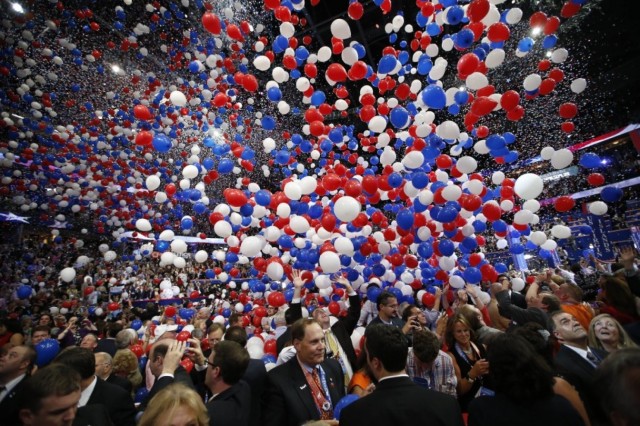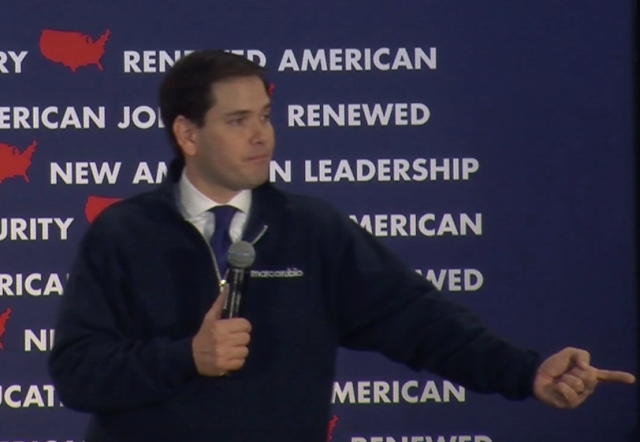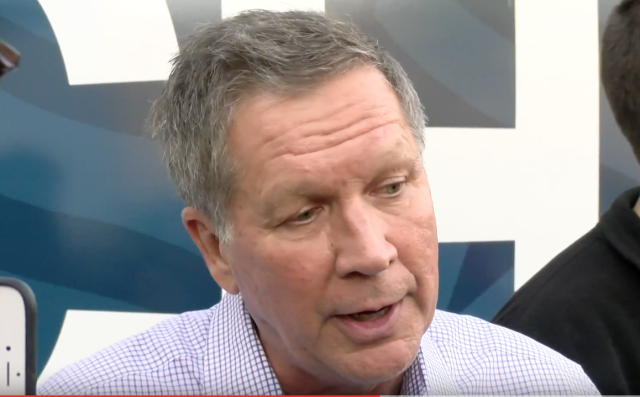
The presidential primaries are underway and the math is still fuzzy (Source: The Washington Post)
The Republican presidential primary in South Carolina will take place tomorrow and a caucus will be held for the Democrats in Nevada. Then, the parties will switch states, with the GOP holding their Nevada caucus on Tuesday, Feb. 23, followed with the Democratic primary in South Carolina on Saturday, Feb. 27th.
Who wins the primary comes down to which candidate from either party gets the most delegates. And according to the Washington Post, counting delegates can get a little tricky. With different rules for each party and varying delegate allocations per state, the electoral math can get a little fuzzy. This is further compounded by the order of states in the primary schedule, which has been shown to winnow out the field after the first few contests.
The question of the possibility of the major parties changing Iowa and New Hampshire as the first caucus and primary is raised every four years and to some political scientists, like Charles Anthony of The University of California, Irvine, the change is a possibility because of its negative affect on the Republican Party.
According to Anthony, the present primary schedule is more damaging to the Republicans than the Democrats, unless Bernie Sanders wins the primary, in which case John Kerry and Joe Biden will jump into the race at the convention.
He said, “For the Democrats of late, it really doesn’t hurt them for those to be the first two. There’s not really any particular motivation for Democrats to change it because, well, it really hasn’t hurt anybody yet.”
On the other hand, Anthony says that the winners of the first two caucuses in either state on the Republican side have been problematic for the GOP:
“But on the Republican side, Iowa now keeps choosing people who go on to be problematic for the party. Whether it is Pat Buchanan or Mike Huckabee, or whoever, the Evangelical Right has captured Iowa for the Republicans. With New Hampshire, while they are both these lily white states, they don’t really look like any other state and you can imagine all sorts of problems. This may get reformed a bit with Trump as the leading contender.”
Charles Taber is a professor of political science at Stony Brook University. He agrees that the current Republican primary schedule helps Donald Trump, which may eventually serve as an impetus for the GOP to switch up the schedule.
“I think it helps him,” he said of Trump. “I think that at least having New Hampshire early really helps him. Cruz performed surprisingly well in Iowa because of that state’s fundamentalist Christian population, especially west in the state. But, once you get to New Hampshire, it’s really a fairly secular state so Cruz didn’t have that. So it helps Donald Trump to have that state earlier.”
Helmut Norpth of Stony Brook University said Donald Trump’s presence in the debate is troubling to many mainstream Republicans. “It upsets a lot of Republicans who think he shouldn’t get that support and they don’t know what to do,” said Norpoth, between fits of loud coughing.





